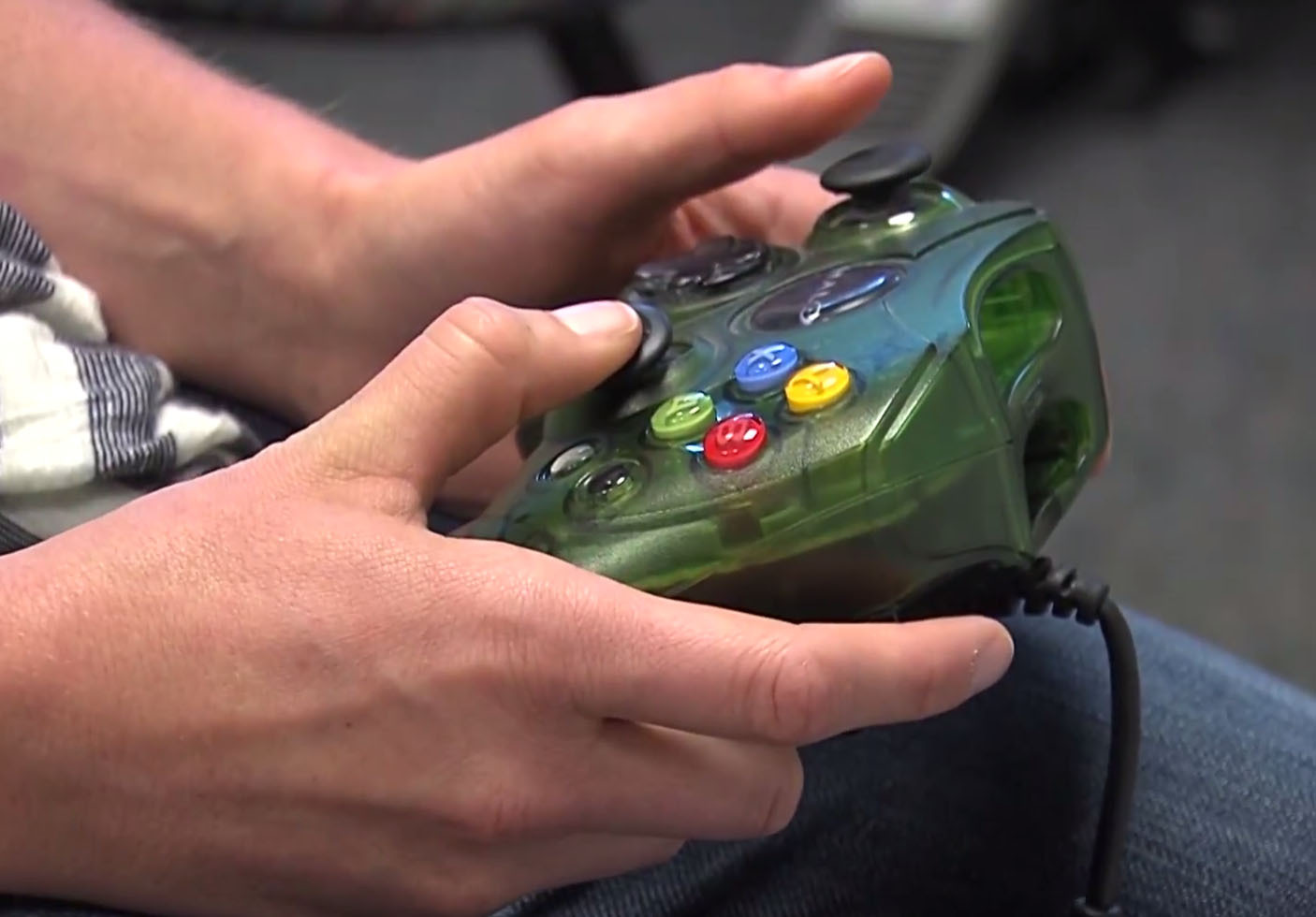AMES, Iowa – Playing video games is not a problem for most teens, but those who develop symptoms of Gaming Disorder are more anxious, aggressive, depressed and shy, according to a new study, published online in Developmental Psychology.
The longitudinal study is one of the first to follow adolescents for an extended period of time to track changes in video game play and symptoms as they become young adults. Douglas Gentile, professor of psychology at Iowa State University and one of the study authors, says 10% of study participants started with a high level of Gaming Disorder symptoms, which increased over the six-year timeframe. The other 90% had relatively low to moderate symptoms that did not change dramatically.
"This transition from adolescence to emerging adulthood is important developmentally, because it can be a time of turbulence," Gentile said. "Reacting to that turbulence, some teens may retreat into gaming, which then can predict other problems."
For a sizeable minority of study participants, pathological gaming symptoms increased during the transition into emerging adulthood. Gentile says a six-year study like this can help researchers begin to answer chicken-or-egg type questions. Teens with increasing symptoms had poorer mental health and social and behavioral problems in the final year of the study, despite not being different from others at the beginning of the study.
Researchers surveyed 385 randomly selected adolescents between the ages of 14 and 16 for the initial wave of the study. Nearly all of the teens were in high school when the study started and 74% were attending college or a vocational training program in year six, at an average age of 20.
Sarah Coyne, lead author and professor at Brigham Young University, says by the end of the study pathological users of video games were just as financially stable and forward-moving as gamers who were not addicted.
"I really do think that there are some wonderful things about video games," Coyne said. "The important thing is to use them in healthy ways and to not get sucked into the pathological levels."
No clear predictor of disorder
Pathological video game play is primarily defined by disruption to daily activities, such as school or work, due to video game play. In 2018, the World Health Organization classified Gaming Disorder as a mental health disorder.
One of the challenges is identifying those who are most at risk for pathological gaming. The study looked at several potential predictors, but similar to other studies found no clear warning sign or risk factor, Gentile said. Boys were more likely than girls to develop more Gaming Disorder symptoms, as other studies have found.
In terms of targeted interventions, the researchers wrote in the paper that, "focusing on boys who play a lot of video games, and who are also low on prosocial behavior might be one group worthy of targeted interventions in order to develop a healthy relationship with video games."
Laura Stockdale, Chongming Yang and Brett M. Merrill, with Brigham Young University; and Wayne Warburton, Macquarie University, contributed to the research.








